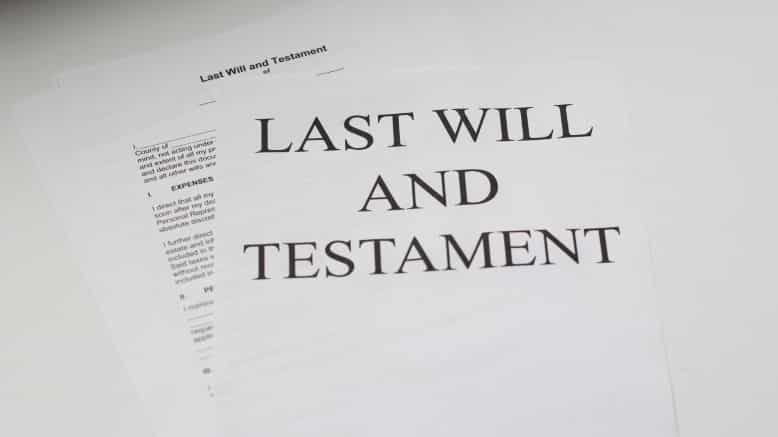We have a moral duty to make adequate provision in our Wills for our spouses (including defacto spouses), children (including stepchildren), dependants and other family members. If we fail to discharge this moral duty, family provision applications will be made and the Courts will often intervene and make appropriate provision for those whom we owe a duty to make adequate provision for proper maintenance and support.
A family provision application is made under Part IV of the Succession Act 1981 (Qld) (“the Act”). It is the most common form of challenging a Will. The application is made by a spouse, child or dependant who has not received adequate provision under the Will. However, just because a person is entitled to
bring a family provision application, does not necessarily mean that they will be successful in challenging the Will. What is adequate provision will depend on all of the relevant circumstances including the size of the Estate and how well off the Applicant is already.
The Act provides the Court with substantial discretion when determining whether a family provision order should be made. There are circumstances where a person, who would typically be entitled to provision, has acted in an inappropriate manner that the Court has considered to disentitle that person to making a family provision application. The Court takes into account the conduct and character of the person making the application (“the applicant”), before and after the date of the death of the deceased person. Conduct resulting in the person being cut out of the Will is referred to as “disentitling conduct”.
Such conduct has consisted of conduct that shows “the complete rejection or positive ill-treatment of the parent by the child or a criminal act directed towards the parent”. Some examples of this type of conduct that have passed through the Courts are as follows:
- Failure by the child to communicate with the deceased over a long period of time including failing to meet or communicate with the deceased when they were suffering ill health;
- Child has made continuous threats of violence to the deceased and/or their property;
- Child has engaged in serious criminal activity.
It is clear from the authorities that the threshold for disentitling conduct is relatively high.
Therefore, any action for provision must be stronger than the disentitling conduct that has resulted in that person being cut out of the Will.
The following conduct has been considered by the Court and found not to amount to disentitling conduct:
- Where the applicant has treated the deceased badly and tried to destroy the relationship between the deceased and the children of the deceased’s first marriage;
- Misappropriation of estate assets;
- Unproven allegations of incest;
- Estrangement between a parent and child;
- A child living in a defacto relationship against his/her parents’ wishes;
- Marriage by a child whom the deceased does not approve, e.g. marriage outside the deceased persons faith;
- Marriage without parent’s consent;
- Child not acting in accordance with parent’s wishes.
The Court takes into account a range of factors when considering a family provision application, including any disentitling conduct by the person disputing the Will. From the family provision cases that have passed through the Courts it is clear that the Courts consider the facts of each case and the extremity of the behaviour that may constitute disentitling conduct.
Challenging a person’s Will is time consuming, expensive and often delays the administration of the estate. Therefore it is important that when a person wishes to exclude someone from their Will that they carefully consider the consequences that may follow after their death, and obtain appropriate advice to assist with Estate planning to minimise the prospect of a successful application.
If you require our assistance in drafting your Will or you believe that you are entitled to challenge a Will or have been left inadequate provision in an Estate, please contact our office to arrange an appointment.










